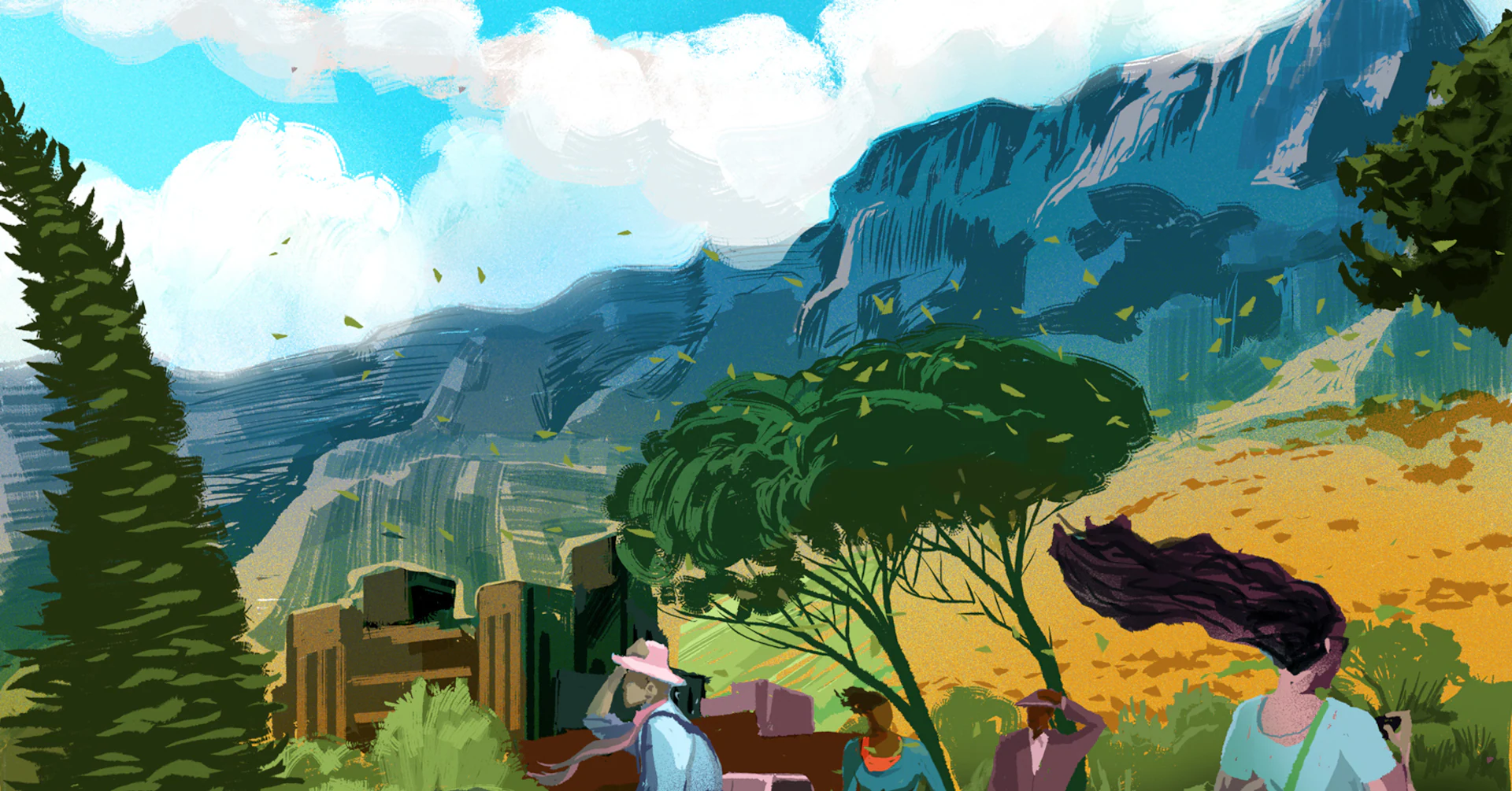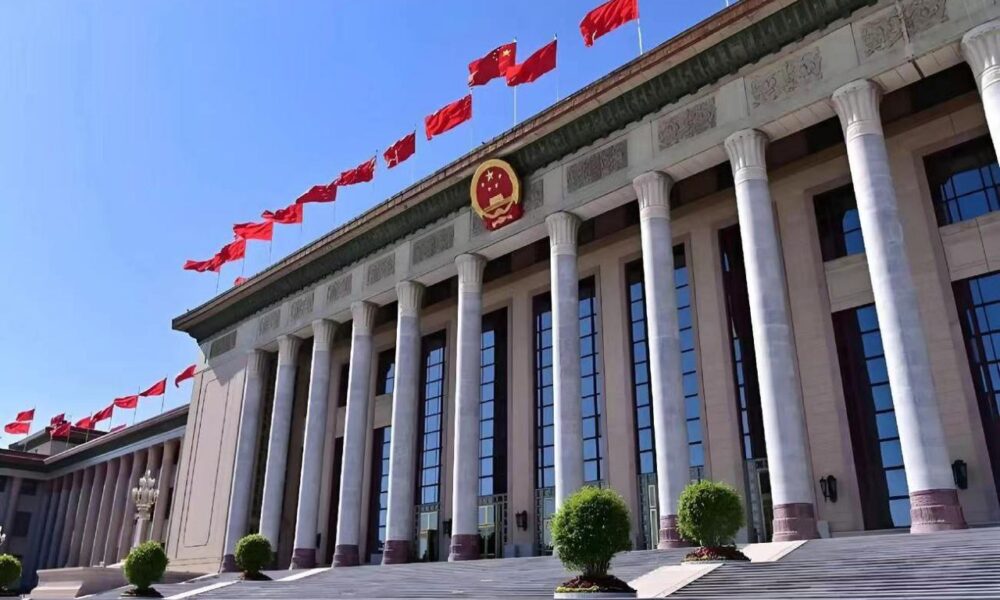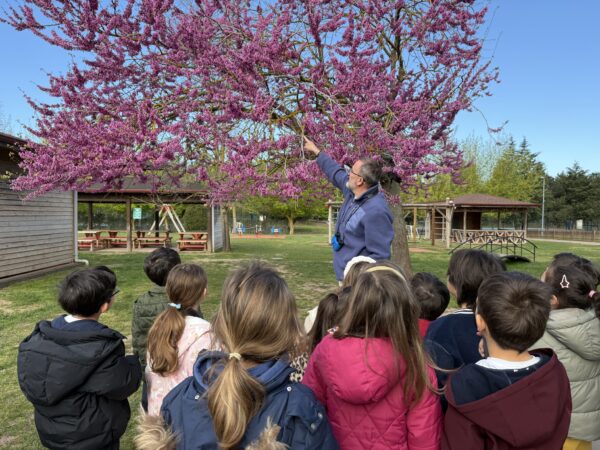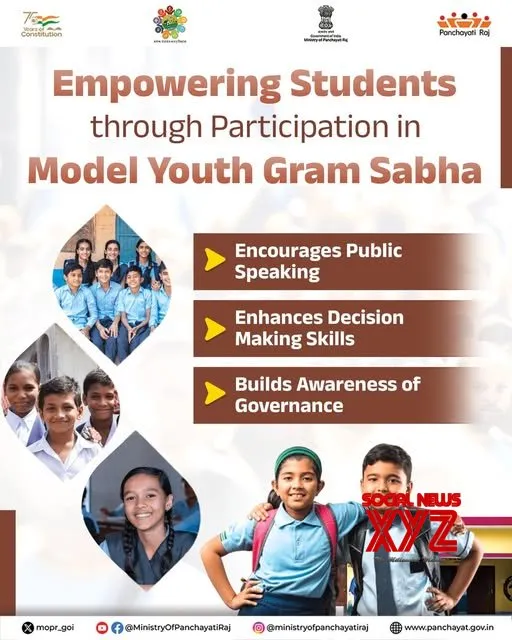Copyright Reuters

Tucked between the frigid Atlantic and the famous Table Mountain, Cape Town’s magnetism draws you in like the bay mist that often blankets South Africa's legislative capital. I was born and raised here, and have reported on political and general news from here for Reuters for two decades. But I still find myself captivated by the “Mother City’s” laid-back charm and urban edginess. It’s a place of striking contrasts: where shantytowns meet manicured suburbs, and where natural beauty coexists with mushrooming high-rise apartment blocks. Sprawled across a mega-biodiversity hotspot, this cosmopolitan city offers strolls among its characteristic fynbos plants, picnics on unspoilt beaches, and sips of delight in centuries-old vineyards. Hear the beat of goema music and buskers singing Xhosa traditional songs as you set your watch to the daily boom of the Noon Gun. Cape Town has a little bit of everything for everyone, done at its own pace — where flip-flops, T-shirts and a sense of humour are key to discovering its charm. Here are my tips to exploring the city like a local: The way around: Getting around the city is relatively easy, but if you’re walking or cycling, be prepared for strong gusts from the “Cape Doctor” — the southeasterly wind that blows between September and March. Said to blast away unwelcome viruses, it can also sweep you off your feet. Car rentals and Uber taxi rides are commonplace, but the MyCiTi bus service covers most inner-city routes, too. For a more local experience, hop on one of the ubiquitous minibus taxis that ply the city’s main transport corridors. Weaving through congested streets, these 16-seater taxis usually have a driver’s assistant — or “gaatjie,” in Afrikaans — who shouts out the next destination, opens and closes the vehicle’s side door, and takes the fares. The definitive drink: When in Cape Town, one must try Rooibos (red bush) tea that is unique to South Africa. Grown in the Cederberg mountains around 200 km (120 miles) from the city, this caffeine-free herbal tea has been linked to lower blood pressure and improved cholesterol levels, among other benefits. In 2021, it became the first African food product to receive EU Protected Designation of Origin status. Rooibos can be enjoyed hot or cold — try the rooibos sticky naartjie tea at Honest Chocolate Café on Wale Street, or order yourself a red cappuccino (where the espresso is swapped for Rooibos) at most establishments. What to eat: A cornucopia of tastes from the African diaspora and European-influenced eateries jostle for customers on every block. Try crayfish, a type of lobster, or grilled abalone — a white-meat sea snail — at Baia Seafood restaurant in the V&A Waterfront, where a trio of kudu, springbok and ostrich medallions also serve as a good introduction to local game meat. For an interactive outing with marimba drums and face painting, nothing beats Mama Africa in Long Street, where crocodile carpaccio, grilled mopane worms and goat kebabs delight. From Long Street, take a short walk up to historic Bo-Kaap — the spiritual heartland of the city’s Muslim community — for a taste of aromatic Cape Malay mince bobotie bake (a spiced dish of curried minced meat topped with a savoury egg custard) or sweet koeksister (a traditional fried dough infused in a sugary syrup) sprinkled with coconut at alcohol-freeBiesmiellah Restaurant. If it’s street food you crave, the go-to meal for Capetonians is the Gatsby: a large roll stuffed with a variety of fillings, from masala steak to calamari, fries and any number of extras for a hunger-busting “full house.” Try Mariam’s Kitchen in the City Bowl district, or head to Golden Dish or Aneesa’s in the Cape Flats area, where the meal originated in the 1970s. Grill and Braai on Long Street serves up barbecued chicken, sausage, chops and fries. But for a more authentic experience, head out to bustling Rands in Khayelitsha township, about 35 minutes from the city centre, for shisanyama-style braai, a lively, social gathering where the meat is flame-grilled and customers dance to music. The food is accompanied by pap, a porridge-like maize staple enjoyed by millions of South Africans, and spicy chakalaka sauce. What to see: Visit David Bucklow, a gallery that specialises in wildlife art, or the architecturally stunning Zeitz Mocaa at the V&A Waterfront, an old grain silo transformed into one of the continent’s foremost collections of modern African art. Within the city centre, several museums pay homage to Cape Town’s slave history and the legacy of apartheid-era land dispossession, including the District Six Museum, with its tapestry of personal stories. Most are clustered around the Company’s Garden, a green park offering shade from the summer heat. Nearby, wander through narrow thoroughfares, browse vintage bric-a-brac shops, or discover hidden treasures in old bookstores like Clarke’s, known for its eclectic collection of South African authors and early travel writings dating back to the 16th century. African curio markets offer brightly coloured trinkets, clothing and artwork, in and around the cobbled Greenmarket Square. If it’s nightlife and drinks you seek, Kloof and Bree streets are full of bars and nightclubs, while live jazz at Openwine is a blast. A short distance from the central business district, you can hop into a revolving cable car that provides a 360-degree view of the city as you move towards the summit of Table Mountain. Make sure to book online, and remember to take a jacket in case the mercury suddenly dips. Take a stroll along the Sea Point Promenade, nearby Green Point Park, and the V&A Waterfront mall, part of a working port and the gateway to Robben Island, a former prison notorious for incarcerating Nelson Mandela and other political prisoners. Visitors can hop onto a ferry to visit the island museum, passing by an old leprosy graveyard, Mandela's tiny cell and the historic Garrison Church popular for hosting mass weddings on Valentine's Day. The hot ticket: Mocked by locals as resembling an alien spacecraft when it was built for the 2010 FIFA World Cup, the Cape Town Stadium in Green Point has become an established part of the global sporting calendar. Grab tickets if you are in town for the local leg of the Sevens World Series rugby tournament in December, when thousands of supporters dressed in green and gold will pack the 55,000-capacity stadium for non-stop tackles, fleet-footed tries and unbridled enthusiasm or “gees,” an Afrikaans word that sums up the mood of the team’s supporters. The Blitzboks, who won the Cape Town leg last year, are the reigning world champions, emulating the success of their 15-man Springbok counterparts who are aiming to secure a World Cup triumph for an unprecedented third consecutive time in 2027. Getting away: Within a 90-minute drive, Cape Town offers a wealth of day trips and scenic escapes, depending on your mood and the weather. For a coastal getaway, hop on the train from Cape Town to Kalk Bay, a picturesque harbour town. A return trip costs around 30 rand ($1.75). Further along, reachable by car, Boulders Beach offers a chance to waddle among endangered African penguins, or continue to Cape Point Nature Reserve, home to numerous beaches, chalets and the continent’s only cable-pulled railway funicular. Entry for international visitors costs 455 rand ($26). A plethora of hikes, such as Lions Head, Platteklip Gorge or Elephant’s Eye in Silvermine, appeal to both novices and serious climbers alike. In the summer, pack a blanket and some snacks for sunset concerts at Kirstenbosch National Botanical Garden, featuring top local musicians. Wine lovers can enjoy a tipple of white Chenin Blanc or red Pinotage while exploring the Cape’s famous vineyards, including Groot Constantia and Spier. If time allows, take a drive up the west coast or go Great White shark diving in Gansbaai. CITY MEMO DATA POINTS Population: 5 million Price of a red cappuccino: 20 rand ($1.14) from Honest Chocolate Cafe. Great place to see a sunset: Anywhere along Chapman’s Peak Drive — from Sea Point to Hout Bay — offers beautiful views. Bantry Bay is a local favourite, where you can watch the sun dip below the horizon as waves crash close enough to feel a fine salty spray. Largest university: Cape Peninsula University of Technology is the only higher education institute of its kind in the Western Cape province, with over 35,000 students enrolled last year. Sign up here. Editing by Yasmeen Serhan and Rosalba O'Brien



